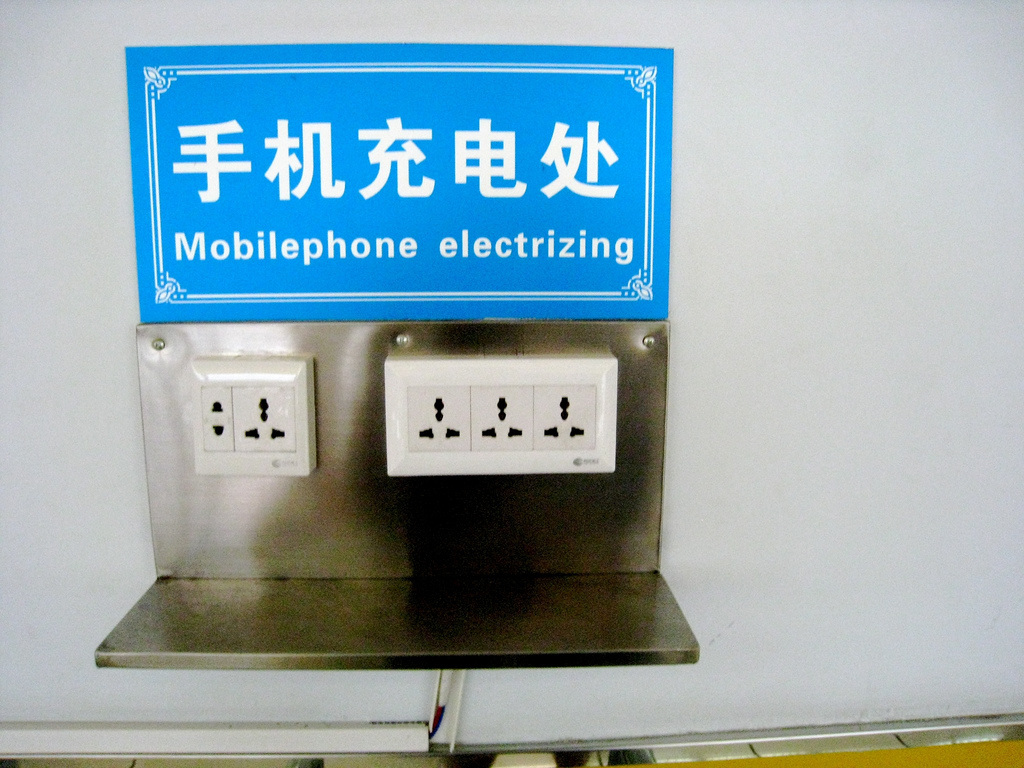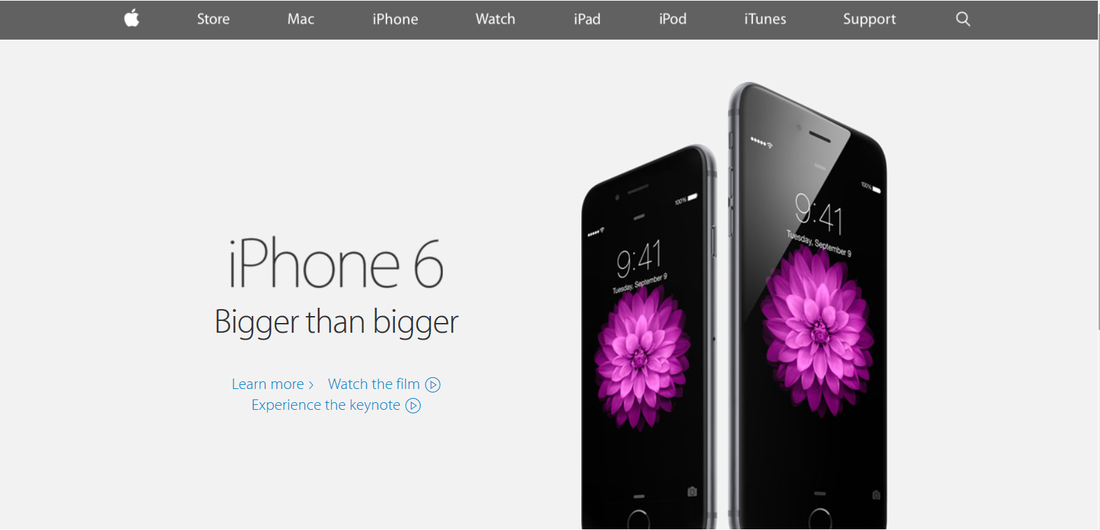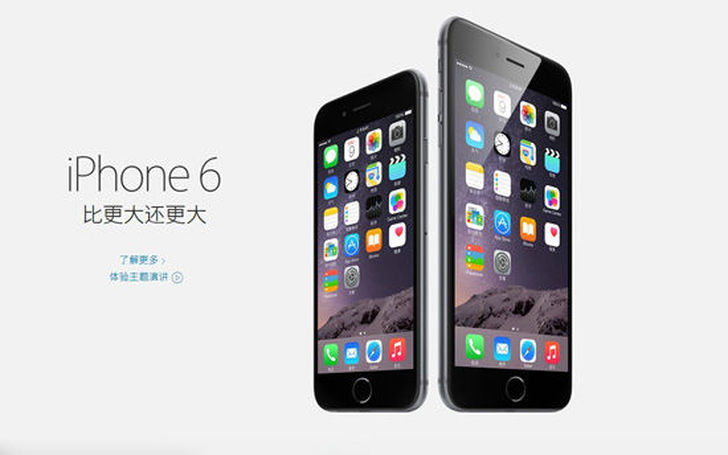|
Image source: http://www.printsome.com/blog/2015/creativity-gone-wrong-when-brands-translate-and-fail/ When companies rely on in-house bilinguals for localization work it's often due to budget constraints or an inadequate understanding of the complexities of localization. Short cuts in this field generally lead to problems down the road. As a friend of mine once said, "never time to do things right, only time to do things twice." Hiring a localization company to oversee and project manage your company's localization effort may look more expensive than tapping bilingual Joe in the cubicle down the hall, but going the professional route is likely to save you both time and money down the road, and you're less likely to damage your brand in the process. Here's why: 1. The localization company has been there and done that. We've taken lots of companies through the process. We know how to organize your project so that there is minimal need for re-work. We work with you from the start to set up a project glossary that defines important terms to ensure that they are translated the same every time. We factor in time for the editing and review process, and we can help you with all your marketing channels, from print, to website, to social media, to video. 2. We map out what needs to be converted. For example, we know when the Spanish speaking countries in which you are launching have dialects sufficiently different as to require their own project streams, preventing embarrassment down the road from translation mistakes. 3. Our professional linguists don't just translate, they transcreate. It's not adequate to translate word for word, because it's the context and nuance that matters. Professional linguists take what you have written and recreate it in the target language so that it truly means the same thing as the original. 4. Social Media is unforgiving. These days it takes seconds for posts to go viral. That means if you accidentally use the word embarazar when you meant avergonzar, your'e going to be in hot water. And, the whole world will know it instantly because you've just confused pregnant with embarrassed. It's happened before. In fact, the Parker Pen company claimed that Parker Pens "won't leak in your pocket and embarrass you." However they mistranslated it to "No te embarazará chorreándose en tu bolsillo", which means "Won't leak in your pocket and impregnate you."1 Imagine if that had been posted to Instagram! 5. Version control. If you take on the localization in-house, chances are you'll be farming it out to many different people potentially in many different locations, and that means that changes in the text may get lost across channels and languages. A localization firm will provide a dedicated project manager who's job is to keep those changes straight and make sure they flow through your entire project. These are just a few of the reasons why it saves time and money in the long run to hire a localization firm to adapt your product and marketing materials for international markets. For more tips, read our Translation Insights. There are enough challenges to moving into international markets. Make sure your own materials don't become an obstacle to success. 1. Wikipedia: https://en.wikipedia.org/wiki/Embarazada
0 Comments
Last week we talked about how using your cousin to translate for you is not a good way to cut costs. This week, there was an article in MinnPost that talked about the often dire consequences of using a bilingual person for medical translation, rather than a professional, certified translator.
In one case, according to the article, a translator told the medical team that the patient was intoxicated when he was actually nauseous. The result was that his brain aneurysm was not properly treated and the patient wound up paralyzed. In fact, when amateur translators make medical translation mistakes, those mistakes are potentially dangerous 77% of the time. Even professional interpreters make mistakes, which underlines the importance of hiring interpreters who are certified in medical terminology. Many hospitals provide access to interpreters for patients who request them, and there are many translation agencies that provide medical interpreters who can go with you to an appointment or provide over the phone service. By taking better advantage of these services, we can greatly improve patient outcomes. Similarly, the business world can and should learn from the medical community. While less likely to have life or death consequences, improper translation and interpretation can have huge negative consequences for the company's reputation and its bottom line, especially when contracts are involved. Getting specific business terms correct reduces ambiguity and helps to ensure better relationships moving forward. Sometimes this may mean that specific terms not be translated, but that the term from each language be included in the text so that there is no chance for ambiguity or misinterpretation. As we've said in other posts, you work too hard to create a superior product or service to then lose credibility in the marketplace through poor translation, or to get bogged down in a dispute with a vendor over a poorly translated contract. Build translation into your cost structure from the beginning, hire professional, certified translators who have experience in your industry, and be confident in how your image will be perceived by others. THE AWKWARD TRANSLATION ON APPLE'S CHINESE WEBPAGE OF THE IPHONE6 TAGLINE. Author: Yvette Fang | CEO, RABI For one day and night, Chinese media and netizens were having a party with a theme: making fun of the simplified Chinese version of the main slogan for iPhone 6 because of its awkward language.
Why does Apple call the iPhone “Bigger than bigger?” Because, according to its website, "iPhone 6 isn’t simply bigger — it’s better in every way. Larger, yet dramatically thinner. More powerful, but remarkably power efficient." However, Apple’s Chinese version of the slogan is a word-to-word translation, which forms an awkward phrase and refers only to the actual size, not the added functionality. Translation has three levels, from low to high: faithfulness, expressiveness and elegance. Apple’s Chinese translation does not even reach the faithfulness stage, never mind expressiveness or elegance, despite Apple’s reputation in the U.S. for its marketing prowess. The translation has since been revised to a better reflect what Apple is trying to say, but not without having left its mark. In China, Apple competes against upstart cell phone maker Xiaomi, whose phones are known for being competitive in terms of functionality and inexpensive compared to the big brands. Apple’s translation snafu has led to Chinese consumers debating whether they should purchase a phone that is “bigger than bigger in size,” and missing the point that the phone also offers functions that cheaper imitations don’t provide. Most of us, at one time or another have had a similar experience, where we encountered an advertising slogan that made no sense or didn’t explain the value in a way that spoke to us. It is like hearing a song which does not touch your heart. If it doesn’t ring true, you won't buy it. When selling premium products and services in foreign market, using a premium local language service is key. Subtle language nuances can make all the difference in relating thoughts and information. Steve Jobs used to scratch iPhone screens with a key to test the material. If Apple had taken the time to test their marketing message like they did their product, they would not have damaged their reputation and confused their customers. 120 Million Euros Lost to Language Mistakes
|
Author
Archives
March 2024
Categories
All
|
Photos from : : Ys [waiz] : :, bjahind, fabola, MattysFlicks, @sage_solar, LoS, Traducción e Interpretación, Kyle Taylor, Dream It. Do It., _gee_, keepitsurreal, One Way Stock, Airviewsphotos, GotCredit, efile989, Benoit cars, ** RCB **, stephiesal853, Francisco Anzola, Highways England, ITU Pictures, VIPevent, leoplus, Karsten Bitter, Jolante, jobstop11, Nguyen Vu Hung (vuhung), jurvetson, mikefats, YooSan, sandrafdzh, roland, mikecogh, y entonces, Donald Lee Pardue, Gatorgoon, daniel0685, BÜNDNIS 90/DIE GRÜNEN, rick, {Guerrilla Futures | Jason Tester}, mikecogh, markyharky, amslerPIX, jo.sau, IAEA Imagebank, lisa-skorpion, Toronto Public Library Special Collections, Wootang01






 RSS Feed
RSS Feed
